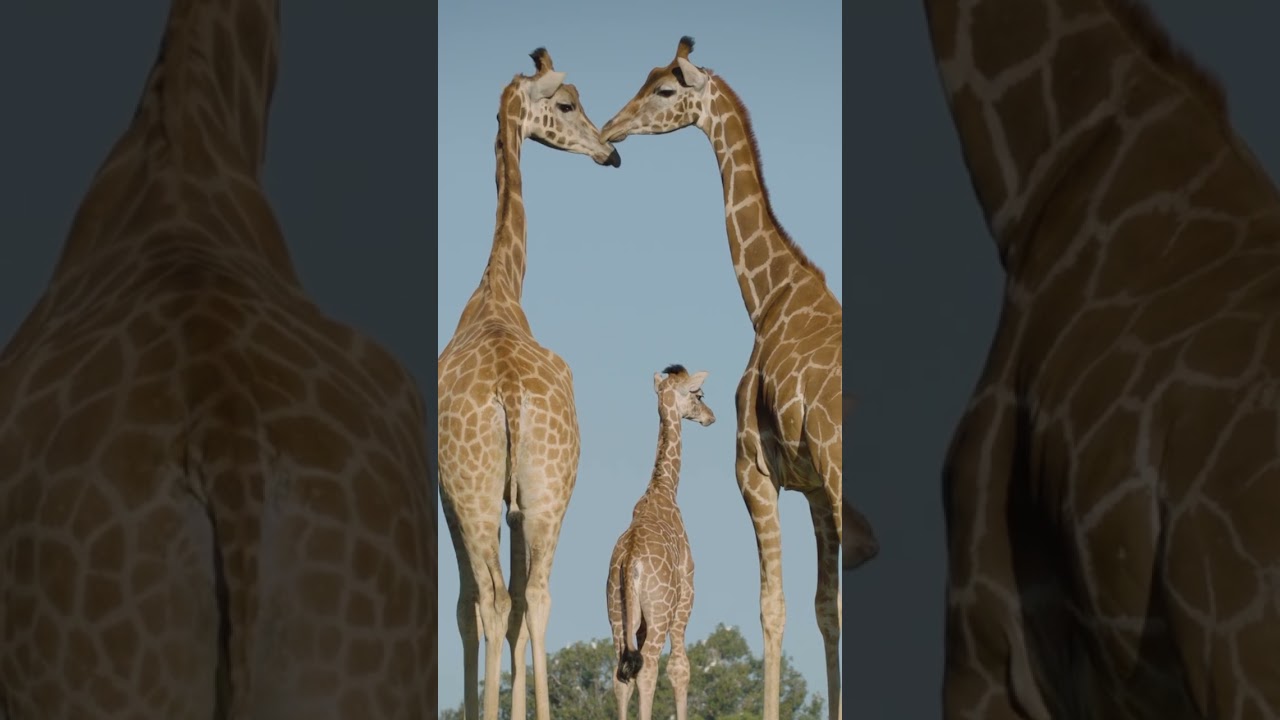Summary:
1. Giraffes have a unique sleep pattern, requiring only 5 to 30 minutes of sleep in 24 hours.
2. The reasons behind this short sleep duration are related to their evolutionary adaptations.
3. Giraffes can sleep while standing up, providing several advantages.
4. Giraffes also display fascinating sleep behaviors, such as the “paratrooping” position and sleeping with one eye open.
5. Despite their short sleep duration, giraffes are remarkably alert and adapted to their environment.
Have you ever wondered how much sleep giraffes need? Well, prepare to be amazed! These magnificent creatures only require 5 to 30 minutes of sleep within 24 hours. You read that correctly – giraffes are the true masters of sleep efficiency. This article will dive deep into the fascinating world of giraffes’ sleep habits and uncover the secrets behind their unique sleep patterns.
Evolutionary adaptations play a significant role in shaping the sleep patterns of different species, and giraffes are no exception. These towering creatures have evolved to minimize their time asleep, as sleeping for extended periods leaves them vulnerable to predators. To counter this risk, giraffes have developed a remarkable ability to stay vigilant and survive with minimal sleep.
One of the most captivating aspects of giraffe sleep is their ability to nap while standing up. This peculiar behavior is a crucial adaptation that grants them several advantages—Firstly, sleeping while upright allows giraffes to remain in a state of readiness, instantly ready to flee or defend themselves at any sign of danger. This ability ensures their survival in the wild, where quick reflexes and efficient escape strategies are essential.
Additionally, sleeping while standing also enables giraffes to conserve energy more efficiently. Unlike other animals that rely on laying down to rest, giraffes can rest upright, ensuring they are always ready to traverse long distances for food and water. This unique adaptation aids their survival in regions where resources are scarce and require them to travel long distances for sustenance.
Aside from their ability to sleep while standing, giraffes also display other interesting sleep behaviors. Have you ever heard of the “paratrooping” position? No, it’s not a trick performed by daredevil giraffes with parachutes! When giraffes enter REM sleep, they bend their long necks backward, resting their heads on their rumps. This unusual sleeping position is eye-catching and helps giraffes avoid neck muscle strain during sleep.
Furthermore, giraffes possess a remarkable ability to sleep with one eye open. This adaptation allows them to remain semi-alert while resting, looking for potential dangers such as predators or approaching threats. By keeping one eye open, giraffes maintain a constant awareness of their surroundings, ensuring they can react swiftly if an alarming situation arises.
Despite their short sleep duration, giraffes stay alert and adapt to their environment. This incredible feat is achieved through the optimization of sleep quality. Giraffes enter deep sleep almost immediately after falling asleep, minimizing the time spent in light sleep stages. By maximizing deep sleep, giraffes ensure they receive the maximum benefits of restorative rest while minimizing their vulnerability during lighter sleep stages.
In conclusion, giraffes’ sleep patterns are fascinating and brimming with evolutionary adaptations. Their ability to sleep while standing up, the adoption of unique sleeping positions, and the exceptional alertness they exhibit while resting all contribute to their survival in the wild. As we delve deeper into the diverse world of animal sleep, giraffes remind us of the incredible adaptability found within nature. So, next time you spot a giraffe gracefully dozing off, take a moment to appreciate the incredible wonders concealed within their short slumbers. Maybe we can learn something from these vigilant giants about the art of t!
*****
Source Description

